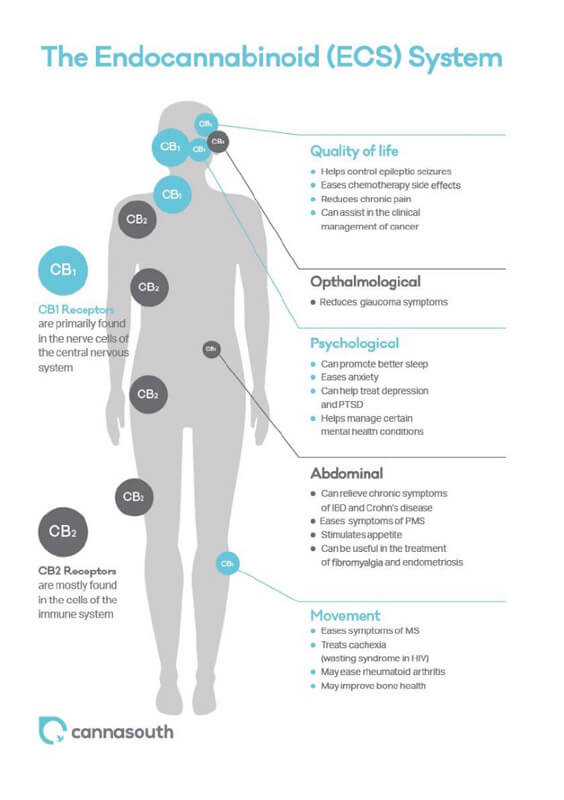Latest News & Articles
Are your patients asking you about prescribing medicinal cannabis?

If you’ve yet to be asked about prescribing medicinal cannabis, there’s a good chance your patients will be requesting information in the coming months.
Data released by the Ministry of Health under the Official Information Act shows that the number of packs of medicinal cannabis prescribed and supplied in New Zealand has grown at an average rate of 250% annually. In the year to 30 June 2021, 31,000 packs of medicinal cannabis were supplied in New Zealand compared with just 2,000 in 2018.
Studies have shown that many healthcare practitioners considered themselves to be lacking knowledge surrounding the pharmacology, pharmacokinetics and pharmacodynamics of medical cannabis. But with more product registrations from Medsafe in recent months, healthcare practitioners need to ensure they are adequately equipped to provide clinical advice and oversight in the safe management and dispensing of medical cannabis.
The legalities of medicinal cannabis in New Zealand.

Many NZ pharmacists believe that patients need to be referred to a specialist to receive a prescription for medicinal cannabis in New Zealand but this is incorrect.
Since the Medicinal Cannabis Scheme came into effect on 1 April 2020, GPs have legally been able to prescribe CBD, THC or a combination of these products on the proviso they have been manufactured according to current Good Manufacturing Practices (cGMP) and conform to strict quality standards.
However, as these medicinal cannabis products are currently unapproved by MedSafe, they will not be funded by Pharmac, and will be needed to be prescribed under Section 29 of the Medicines Act.
The workings of the endocannabinoid system
 Since research tells us that deficiencies in the endocannabinoid system may be the cause of many medical conditions, it’s important that healthcare practitioners pharmacists have a good understanding of how best to support a healthy endocannabinoid system (ECS).
Since research tells us that deficiencies in the endocannabinoid system may be the cause of many medical conditions, it’s important that healthcare practitioners pharmacists have a good understanding of how best to support a healthy endocannabinoid system (ECS).
Like other transmission pathways, the endocannabinoid system (ECS) is comprised of receptors, ligands, and transport/degradation proteins. Endocannabinoids are the endogenous ligands that interact with cannabinoid receptors CB1 and CB2. The interaction between endocannabinoids and the CB1 and CB2 receptors help regulate important physiological processes involving the central nervous system, immune system, and metabolism. In fact, CB1 is among the most abundant receptor present in the central nervous system.
Our endocannabinoids e.g., anandamide (AEA) share structural similarities with cannabinoids found in the cannabis plant e.g., tetrahydrocannabinol (THC). By targeting the ECS system, medicinal cannabis extracts can help ameliorate ECS dysfunction and improve symptoms of multiple disorders such as obesity, vomiting, anorexia, multiple sclerosis, pain, inflammation, epilepsy, Parkinson’s disease, Huntington’s disease, Tourette’s syndrome, Alzheimer’s disease, Bipolar disorder, Schizophrenia, Post-Traumatic Stress Disorder (PTSD), depression, anxiety, insomnia, asthma, cardiovascular disorders, glaucoma, and cancer.
There are several online resources available on the ECS including a video Cannasouth has produced that walks you through this.
Where to find more information
Cannasouth has partnered with the Goodfellow Unit to develop a course on Medicinal Cannabis and Chronic Pain which covers the potential value of medicinal cannabis in chronic pain, how to start prescribing, who is likely to benefit, potential side effects and contraindications for prescribing. Upon completion of this short course, you can print your certificate for one (1) Continuing Professional Development (CPD) hour. There are also several more online and on-campus courses throughout New Zealand that can expand your knowledge further.
In addition to professional courses, we encourage you to explore our Clinical Fact Finder, an online suite of resources designed to support healthcare practitioners to quickly and easily find clinical evidence on the use of medicinal cannabis. All research has been fact-checked by Cannasouth’s team of scientists. The Clinical Fact Finder also contains reviews undertaken by Heath Agencies around the world on medicinal cannabis and its use in clinical practice. Here is a short video demonstrating how to use the Clinical Fact Finder.
Finally, at last year’s Medsafe event, Cannasouth received feedback from healthcare practitioners requesting a short guide that details common conditions and which products may be suitable treatment options. If you would like a copy of the guide, please email us at enquiries@cannasouth.co.nz and a member of our team will have this sent to you.

